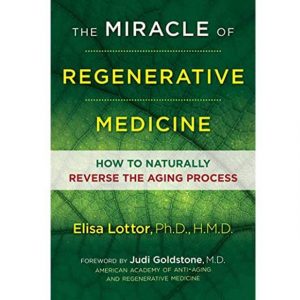Memory Loss
Memory loss is more than simply being forgetful. It can seriously affect a person’s ability to work or jeopardize their safety. Many times, when people experience memory loss, decreased ability to focus and difficulty recalling events, they chalk it up to the aging process. While the number of nerve cells along with neurotransmitters (brain chemicals) such as serotonin and acetylcholine, decrease with age, there are other factors that can cause or contribute to memory loss and cognitive decline.
What are the major causes of memory loss?
Major causes include lack of sleep, stress,alcohol and drug abuse,chronic inflammation, vascular diseases, depression, boredom, insufficient nutrition, vitamin and mineral deficiency, free radical damage and/or hormone imbalance. Fortunately, most of these issues are correctable with proper treatment.
Hormones affect memory and cognitive ability in several ways, for example:
Estrogen: Directly influences memory and learning. When estrogen levels fall, brain volume declines particularly in areas associated with memory and critical thinking. Estrogen protects nerve cells from injury due to low blood sugar, lack of blood supply, inflammation, and oxidative stress (damage from free radicals). Also, by decreasing beta-amyloid plaque, estrogen may help prevent Alzheimer`s disease and dementia. Estrogen indirectly affects memory by influencing the concentration of neurotransmitters (chemicals used for communication in the brain) such as serotonin, dopamine, norepinephrine and acetylcholine.
Cortisol: Chronic over-secretion of the stress hormone cortisol can make it difficult or prevent the brain from forming new memories and from accessing existing memories.
Dehydroepiandrosterone (DHEA): DHEA levels, which naturally decline with aging, are linked to memory loss and decreased mental function.
Testosterone: Protects brain cells from toxic beta-amyloid, which has been implicated in Alzheimer’s disease.
Pregnenolone: Is a hormone that can boost levels of the neurotransmitter acetylcholine. The loss of acetylcholine is associated with cognitive decline.
Thyroid: Thyroid hormone deficiencies are associated with poor concentration, memory disturbances, and depression.
People are not helpless when confronted with memory loss. Correcting imbalances and deficiencies in nutrition, vitamin and antioxidant status, along with improving fitness and balancing and restoring hormones with Bioidentical Hormone Replacement Therapy, can offer help with memory issues while creating the foundation for a healthier and happier life.
Contact Us Online
Our Office
— Stephanie
— Dave Kaufman
Get In Touch With Us


